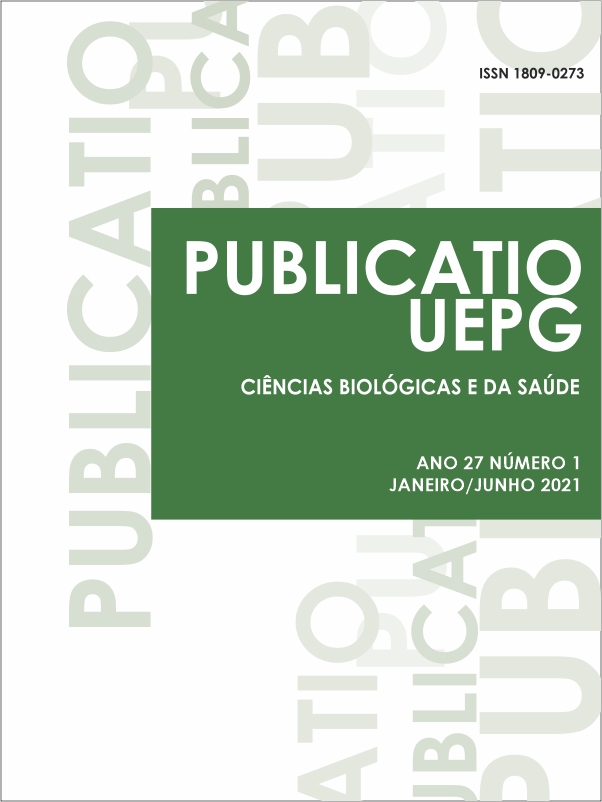ROOMING-IN: DIFFICULTIES AND FACILITIES REPORTED BY MOTHERS OF PREMATURE NEWBORNS
Abstract
The objective was to identify the facilities and difficulties reported by mothers of premature/low birth weight infants, during hospitalization in a joint accommodation in a University Hospital. Data collection was performed with ten puerperal women admitted to the Joint Housing, through semistructured interview. Data interpretation was performed by content analysis, thematic modality, from which four categories emerged: Family suport during hospitalization; The homecoming with my baby; Insecurity regarding care for premature newborns; The importence of professional help during the hospitalization period. All ethical and legal aspects provided for were respected. The results showed that the puerperal women consider the presence of the family during this period of great importance, due to their emotional support. The desire to return home with the child, justified by the desire to introduce her to loved ones, was also highlighted by the mothers, in addition to having the help of family members in caring for the baby. Another important aspect, reported by them, was the fear and insecurity of returning home with a premature child, and not being able to identify the newborn’s needs. The assistance of health professionals, during their hospitalization period with the baby, was highlighted by the mothers as extremely important to clarify doubts and minimize the fears related to the care of the child. Thus, this study contributes to highlight the main fears of mothers of premature babies, which can be used by health professionals to create targeted health education strategies, in order to provide greater security for the binomial.
Descriptors: Premature newborn. Infant Care. Rooming.
Downloads
Downloads
Published
Issue
Section
License

Este obra está licenciado com uma Licença Creative Commons Atribuição 4.0 Internacional.
Esta licença permite que outros distribuam, remixem, adaptem e criem a partir do seu trabalho, mesmo para fins comerciais, desde que lhe atribuam o devido crédito pela criação original. Este posicionamento está de acordo com as recomendações de acesso aberto da Budapest Open Access Initiative (BOAI).


